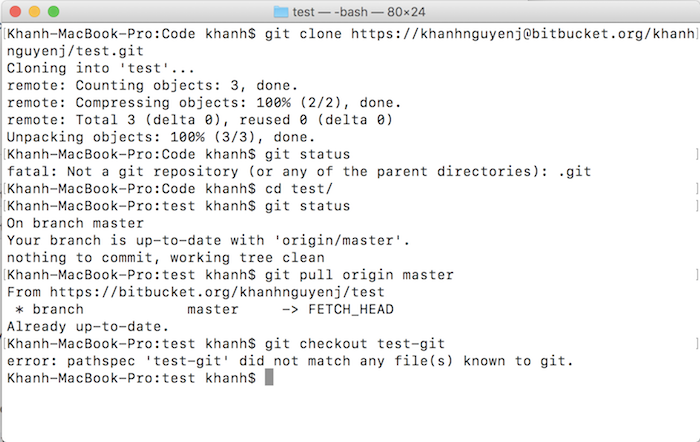

Whereas, ‘ git pull‘ only updates the current branch by default.
Git fetch vs pull origin update#
For example, you can run git fetch origin to update all remote-tracking branches for the “ origin” remote. git fetch can be used to update multiple remote branches at once.

Instead of automatically merging, it only updates the remote-tracking branches in our local repository.
On one side git pull command modifies your local branch by merging the changes from the remote repository, git fetch doesn’t do that and is relatively a safe operation that does not modify our local branch. Here are a few more differences between git fetch and git pull: When we run ‘ git pull‘ it also downloads the latest changes made to the remote repository just like ‘ git fetch‘ but it automatically merges them with our local branch. Git pull, on the other hand, is a combination of git fetch and git merge. To merge the changes into your local branch, we need to run the git merge command. However, the changes fetched from the remote repository will not be merged with the local branch. Git fetch is a command that when run will allow users to download the latest changes from the remote repository and stores them in a separate branch in our local repository called “ origin/branch-name“. Although they are relative, however, work differently. Out of many different Git commands ‘Git Pull‘ and ‘ Git Fetch‘ allow users to update their local repository with changes made in a remote repository.






 0 kommentar(er)
0 kommentar(er)
